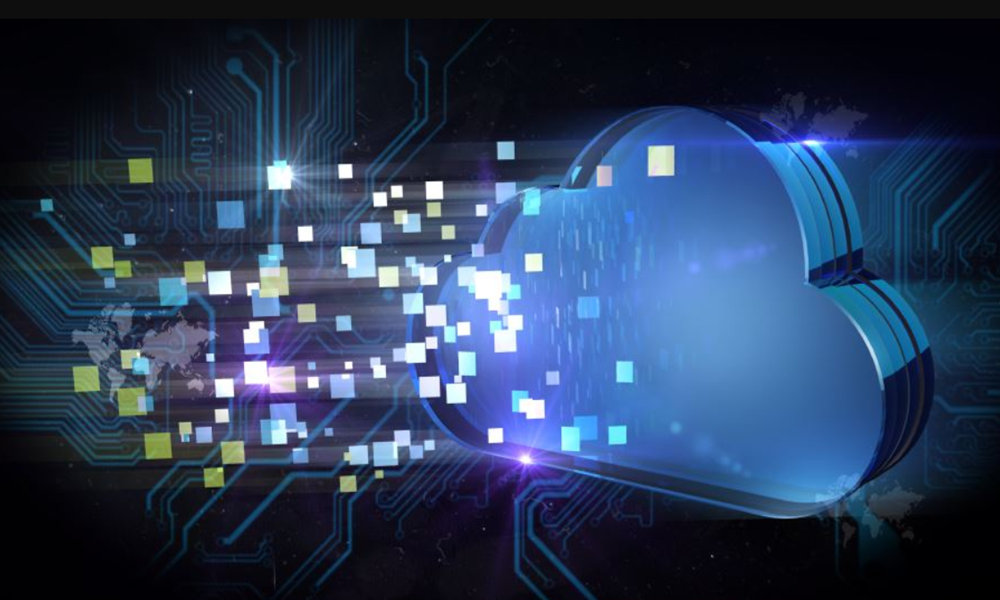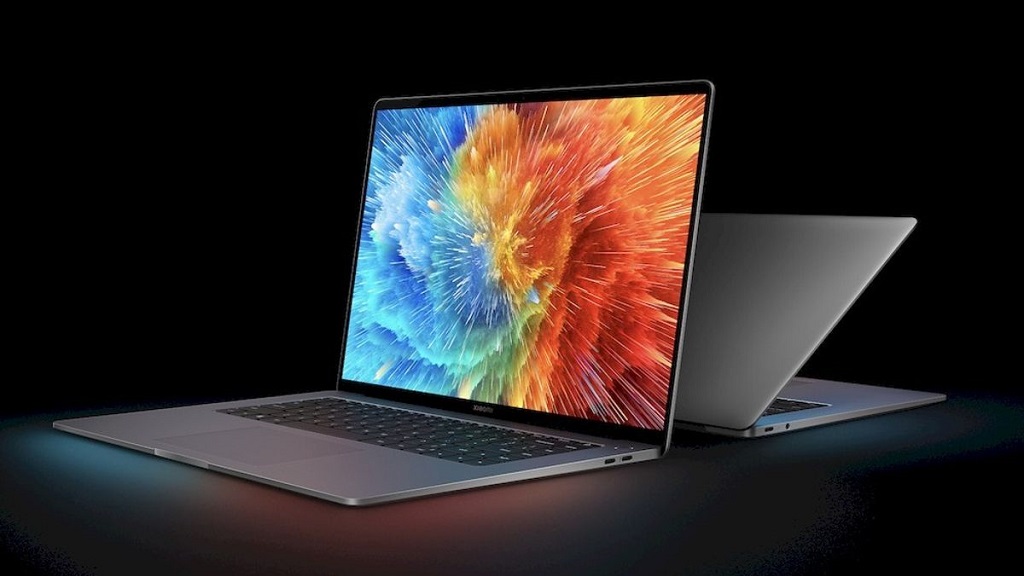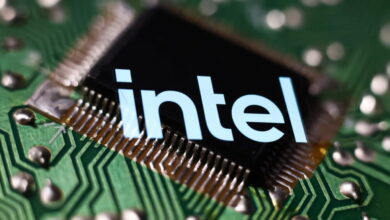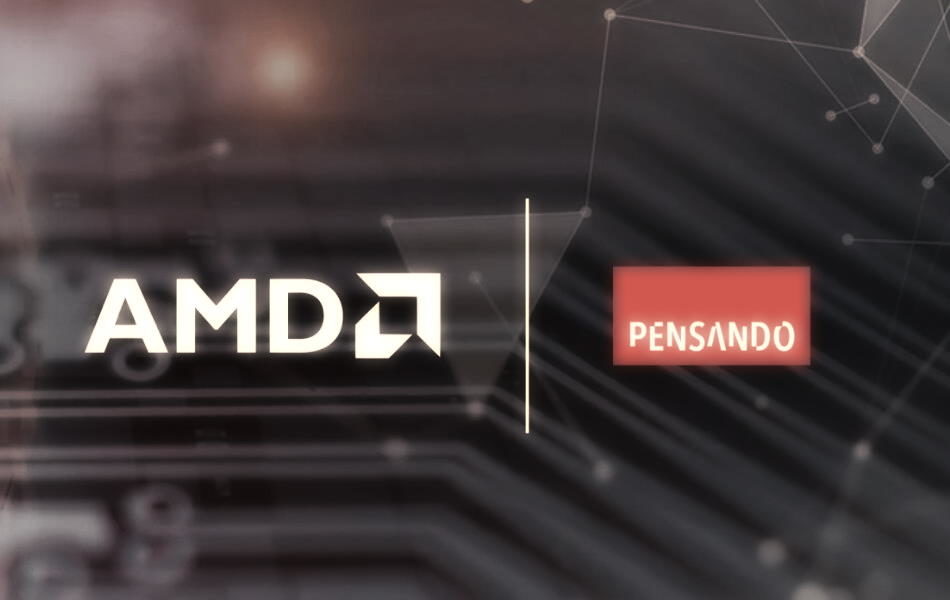
The explosion in the birth of new information technologies and digitization has given rise to the -necessary and essential- emergence of a new generation of integrators of technologies, systems and services. We say “new integrators”, because the figure already existed since the previous technological explosion of the nineties, of Computing. It is true that from 1990 to 2010 (twenty years), those integrators acted more like resellers of third-party technologies and, therefore, they were placed in the “Channel”, both in B2B and in B2C. A typical figure of this type of traditional integrator were the large -by size, billing- consultancies that, as Accenture, Cap Gemini, atos or INDRA became resellers of business management software solutions, outside the BI from SAS or MicroStrategythe SAP-ERPthe Oracle Data Warehousethe Software AG Data Miningthe Salesforce CRM and Software AGetc.
The reality is that those software companies had a “suite”, so called then, that offered almost all the solutions. Larger companies -more business volume- such as IBM and Microsoft brought all the solutions together, developing them at home (“in-house”); by contrast, Oracle he embarked on the purchase of everything affordable, given the competitive impetus of its owner and founder, Larry Ellison, who began to hate being associated only with the databases, the databases that made him famous and rich; rich and famous: Sun Microsystems, Hyperion, Siebel, JD Edwards, Peoplesoft and dozens more purchaseswhich allowed it to surpass SAP and compete (almost) one on one with Microsoft.
In that context, with Hewlett-Packard (until the 2015 spin-off that spawned HPE for B2B and hp for B2C), Dell, Lenovo, Toshiba, Canon, Brother, Apple and many other OEMs supplying the hardware and the companies mentioned above to serve the software, the marketplaces allowed both direct sales to end customers, especially in large companies and, on occasions, to the public sector, as well as Cap Gemini, Atos, Accenture and INDRA “implementing SAP ”, (way of speaking of the time) in Client XXX, causing him a headache, both because of the high price, and because of the long implementation time.
Until Cloud came along. Cloud-Computing was the trigger of the appearance of 1) a new generation of technology companies that, for 15 years, have dominated the world in every way and 2) a new generation of integrators of technologies, solutions and systems. In the first category, that of new technology companies that dominate the world, are “Big-Tech or Big-Five”: Amazon, Apple, Alphabet (Google), Meta (Facebook), and Microsoft. They are the best valued companies in the world and the ones that are worth the most on the stock market. The value is real because it is not based on promises, as it happened in the “bubble-dot.com”, but on record sales and profits never seen before, nor on the big oil companies (ARAMCO, Shell, BP, etc), nor the industrial conglomerates such as General Electric (it ceased to be the first company in the world), nor in the lifelong technology companies such as HP and IBM, which have also reinvented themselves for the better (IBM bought Red-Hat, a leading provider of solutions enterprise open source, which supports the development of Cloud-Computing, virtualization, storage, Linux and middleware technologies, among others).
Amazon, Apple, Alphabet (Google), Meta (Facebook) and Microsoft gave rise to Cloud Computing, Quantum Computing, Big Data, Cybersecurity, Blockchain (DEFI, Decentralized Finance, digital platforms, cryptocurrencies), Internet of Things (IoT), Edge Computing, Predictive Analytics, Robotics, Artificial Intelligence, Streaming Services and many other digital technologies and services. All together – those mentioned and those not mentioned – constitute the fourth industrial revolutionto which we will put 2010 as the date of birth and which is so important as to be the main object of the Second Cold War that confronts the West and the East.
In the West are the US and Europe, UK, Japan, Canada, Australia and South Korea. And, in the East, China, Russia and their satellite countries. China has its own “Big-Tech”whom the academic Edward Tse calls “China’s disruptors” and my friend Kay-Fu Lee, Chinese, but from Taiwan (that is, free China versus mainland totalitarian communist China), eminence in the field of Artificial Intelligence, who developed at Apple, Google, Microsoft, etc: “you name it, you got it” and explained in 2018 in “AI Superpowers: China, Silicon Valley, and the New World Order IA Superpowers” and in 2021 with “AI 2041: Ten Visions for Our Future” the essence of Artificial Intelligence. huawei, Baidu, wechat, ByteDance, TikTok, Xiaomi, Ant Group, alibaba or tencent are some conglomerates that make up this “Chinese Big-Tech”.
Kay-Fu Lee – today a billionaire living in Beijing – did not develop Artificial Intelligence in a startup, but in Apple, Google, SGI and Microsoft, that is, in “Big-Tech”. No one disputes the intellectual authorship of the digitization technologies mentioned above: many were born from small companies, then bought by Big-Tech, which is the one with the financial muscle to invest billions of dollars in their development and “put them on the map”. Known examples are the announcements about the creation of the Metaverse from Meta (Facebook), Microsoft, Apple, Nvidia and many others. If anyone thinks that Microsoft is going to buy Activision-Blizzard for $75 billion (the first offer was $69 billion, surpassing Dell’s purchase of EMC for $65 billion in 2016) to boost Xbox and the video game business, they think only in the short term. The video game business (from the console to the games) is the most lucrative segment of the entertainment sector. And, above all, they are the antechamber and primitive test tube of the Metaverse.
The same thing happens with Quantum-Computing, powered by Google (we said and wrote in 2017, 2019 and 2021 regarding the documents leaked by your client, NASA and other unnamed clients subject to legal confidentiality) more than any other company in the world. Sound weird? Why? Because 95% of its income comes from online advertising and only 5% from the Cloud, a market where it is third, after Amazon Web Services (AWS) and Microsoft Azure? Again, the short-term view. Google looks much further…
The immediate future that is already foreseen – just look at the Telefónica Tech website, where all digitization and digital transformation solutions are offered -, will require five things:
- First, have the professional skills within: technologies and Talent (people).
- Second, have a very strong ecosystem of partners.
- Third, have something of your own to bring to the partybe it the potato omelette (that is, cybersecurity with Telefónica Tech’s ElevenPaths), the essential sangria (in other words, Acens with its datacenters / cloud computing) and, most importantly: the acorn-fed Iberian jabugo ham, which is Telefónica’s connectivity, networks, fiber optics and 5G and 6G.
- Fourth, being able to, properly managing its own resources and those of the hundreds of partners in the ecosystem, offer a “packaged” solution to the client, that saves him the complexity of managing so many new / novel technologies; protect you from implantation toothache; provide support with assistance and training and, essential, accommodate “the package” of digital solutions to the sector of activity to which the company belongs: retail, commerce, distribution, banking, industry, tourism, health, agriculture, etc.
- Fifth: need for immense computing powerwhich, today, provide Intel Corp, Nvidia, AMD, TSMC, Samsung, Qualcomm and half a dozen more companies that move around Moore’s Law, which, however well known and having worked on a server at Intel, I will not repeat. Sooner rather than later, commercial applications of Quantum Computing will be almost ubiquitous, at least in large companies, and then the leap in processing and computing capacity will be, never better said, “quantum”.
The great challenge for new system integrators (Telefónica Tech, Epam, Claranet, Endava, DataGroup, Devoteam, Netcompany) will be twofold: outperforming traditional IT integrators (Accenture, Atos, Cap Gemini, INDRA) and, most importantly, bringing digitization to SMEs and the self-employed.
Jorge Diaz-Cardiel. General Managing Partner of Advice Strategic Consultants. Economist, Sociologist, Lawyer, Historian, Philosopher and Journalist. Author of more than a thousand articles on economics and international relations, he has published twenty books.




